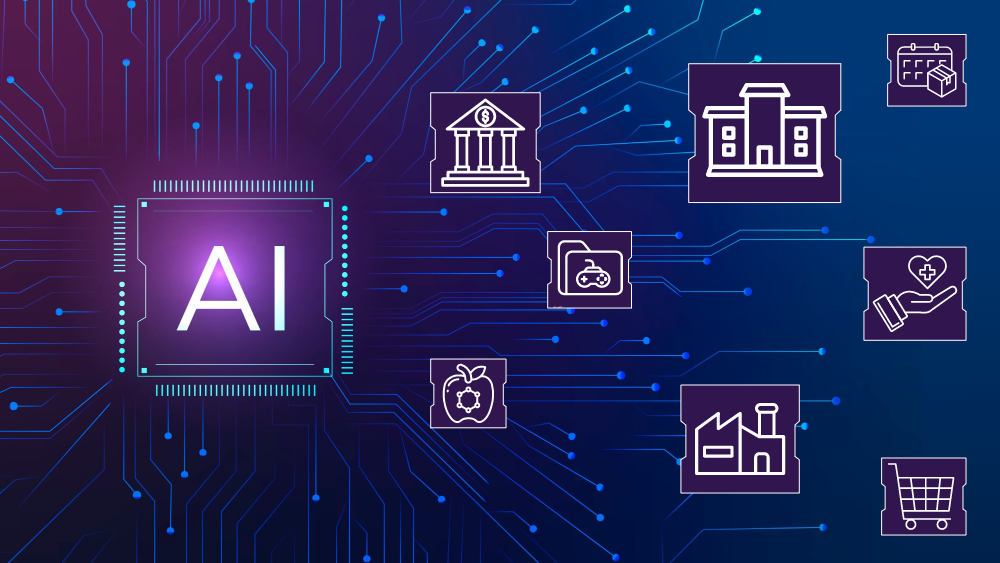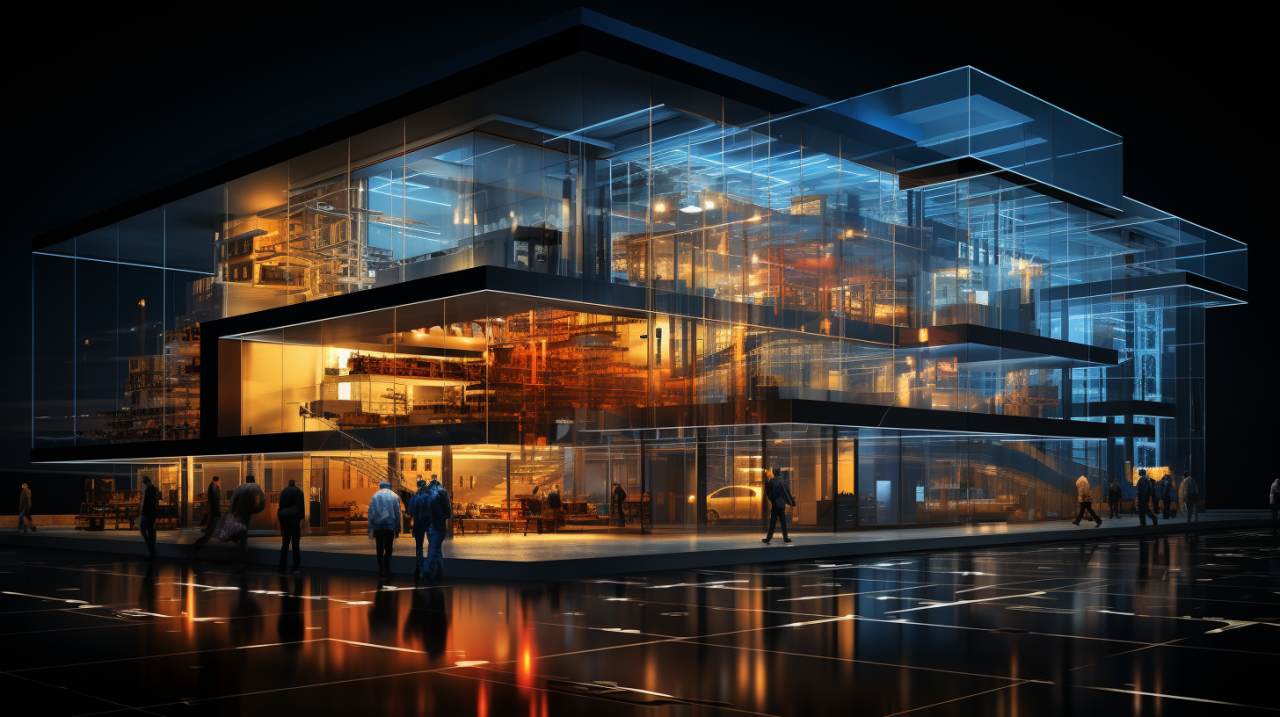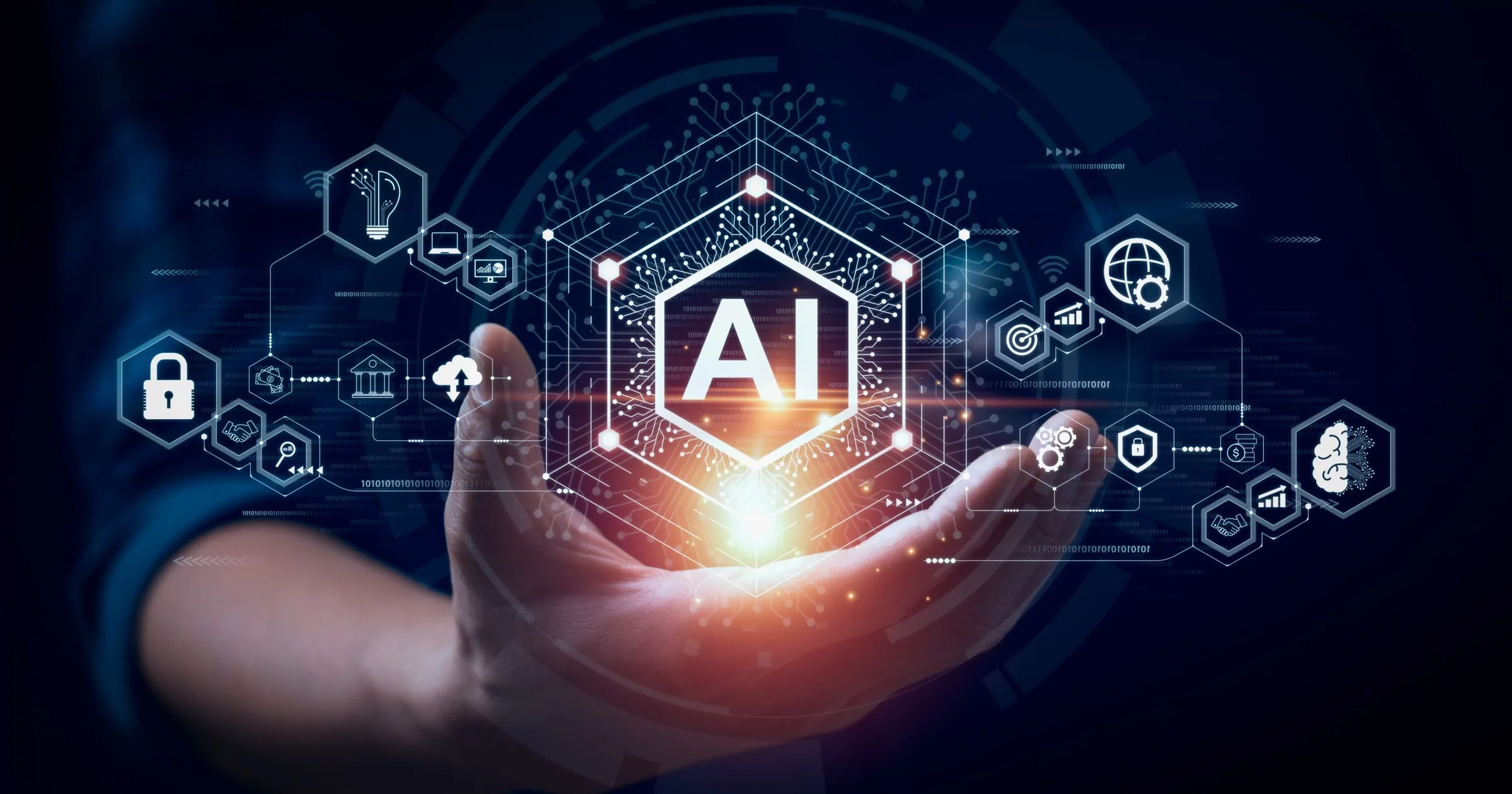The impact of Artificial Intelligence on Enterprise Architecture
February 3, 2024 in Enterprise Architecture, Artificial Intelligence3 minutes
Explore the transformational effects of artificial intelligence on enterprise architecture, covering AI integration challenges, data management, process automation, customer experience, infrastructure shifts, and the evolving roles within IT teams. Learn how AI is reshaping enterprise strategies for a competitive edge.
The impact of Artificial Intelligence on Enterprise Architecture

As an enterprise architect, one of the most impactful emerging technologies to consider is artificial intelligence, or AI. While AI promises significant benefits, it also poses challenges that will disrupt traditional IT systems and processes. Let’s explore how AI may impact enterprise architecture in the coming years.
AI is rapidly advancing and becoming more ubiquitous. Basic AI capabilities are already embedded into many tools and applications that people use every day, whether they realize it or not, through technologies like machine learning, natural language processing, computer vision and more. As AI integrates deeper into business systems and workflows, it will undoubtedly influence enterprise architecture strategies and decisions.
A major impact will be on existing applications and platforms. Many legacy systems will struggle to take advantage of AI or integrate with new AI-powered services without extensive modernization efforts. Enterprise architects must plan how to leverage AI capabilities within existing technical environments while laying the groundwork for future-proofing core systems. Retooling monolithic applications into microservices and migrating to the cloud will be important to allow for AI integration and enable continuous innovation.
Data management is another area that will face tremendous change. AI thrives on vast amounts of high quality, structured data. Enterprise architects will need to re-evaluate data strategies, tools and processes to ensure the right data is accessible, labeled and standardized for AI consumption across the business. A centralized data fabric or lake approach can bring together disparate sources into a unified platform suitable for advanced analytics and model training. Data governance policies and security controls will also need enhancement to address new risks and regulations around AI.

Process automation is one domain that will be heavily disrupted by AI. Many routine, repeatable tasks performed by people and traditional software can be replaced or augmented by AI bots, virtual agents and machine learning models. This may invalidate certain jobs altogether while transforming others. Architects must guide the strategic selection of automation opportunities, integration points and talent upskilling initiatives to maximize benefits and manage change. Robotic process automation, or RPA, will play a big role as a bridge to more sophisticated AI-driven automation.
In the client experience realm, AI is driving new types of interfaces that rely more on natural language, vision and other modalities rather than static screens. Conversational AI, virtual reality and augmented reality are examples of emerging technologies that will reshape customer interactions. Architects need to envision how AI can deliver more personalized, predictive and adaptive self-service experiences across multiple touchpoints, while also ensuring digital accessibility, privacy and responsible design.
The infrastructure layer is another area undergoing AI-driven shifts. Edge computing is becoming increasingly important to support low-latency AI use cases and data privacy regulations. Processing and analyzing data where it’s collected at the edge can enable new localized services and applications. AI infrastructure also requires high performance computing capabilities for model training. Cloud-based offerings like machine learning as a service will be integral to provision flexible AI infrastructure on demand.

Finally, AI is influencing organizational structures and ways of working for technology teams. Centers of excellence for AI can consolidate resources and foster collaboration. Multidisciplinary squads combining data scientists, developers and domain experts may replace traditional silos. Agile and lean methodologies that embrace rapid experimentation will grow in relevance alongside DevOps approaches. Architects will help shape the new operating models needed to support an AI-fueled digital transformation.
In conclusion, AI is poised to significantly impact enterprise architecture from technology roadmaps to processes to talent development. With proactive planning and the right strategies, architects can help their organizations maximize the benefits of AI while mitigating risks. An AI-ready architecture is a major differentiator for the future, and getting ahead of these changes will be crucial for remaining competitive in an increasingly automated world.